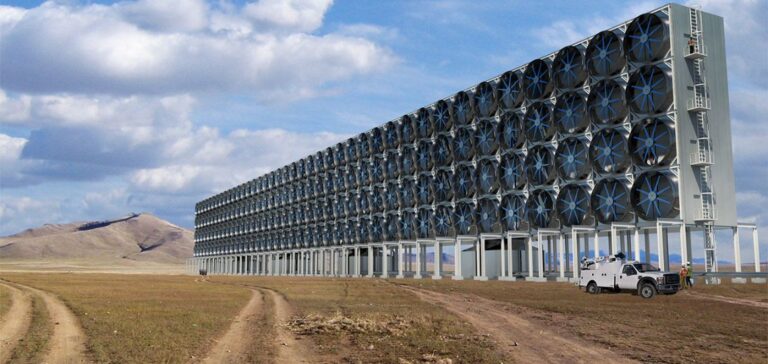The U.S. Environmental Protection Agency (EPA) has recently proposed a measure allowing the state of Texas to directly manage carbon dioxide (CO₂) injection permits. Until now, these authorizations, specifically concerning Class VI wells dedicated to geological CO₂ storage, remained under federal control. The planned decision falls within a complex regulatory framework and will require a mandatory 45-day public consultation period. This proposal comes at a time when the state already holds similar jurisdiction over injection wells of Classes I to V.
Role distribution and regulatory implications
The new proposal follows a memorandum of understanding signed last April between EPA Region 6 and the Texas Railroad Commission (RRC), the agency overseeing the state’s oil and gas activities. This agreement formalizes respective responsibilities for control, environmental oversight, and project monitoring. The EPA clarified that this delegation of authority could become effective by the end of 2025. This transition will be accompanied by an official publication in the Federal Register, a critical step enabling sector stakeholders to prepare for the new applicable rules.
Interest in carbon capture and storage (CCS) projects is directly linked to the tax credits provided under the Inflation Reduction Act (IRA), incentivizing companies to invest rapidly in this technology. Currently, federal authorization of CCS projects is considered lengthy and complex by industry stakeholders. Many local actors support this initiative, seeing the delegation as an opportunity for significant administrative delay reductions and notable economic potential.
Environmental concerns and technical challenges
However, this transfer also raises questions about Texas’ actual capacity to manage these permits without compromising environmental safety, particularly regarding water resources and seismic risks. The Texas Railroad Commission has faced past criticisms for allegedly insufficient oversight of certain underground wastewater injection operations and abandoned wells. Consequently, delegating Class VI CO₂ injection permits naturally prompts similar concerns among some industry experts.
The final decision will depend on the outcome of public consultations and subsequent detailed technical analyses. Texas would then become the fourth U.S. state to obtain this authority, joining North Dakota, Wyoming, and Louisiana. For businesses involved in CCS projects, the result of this regulatory procedure will significantly influence their future strategies, both regarding investment and managing operational and regulatory risks.






















